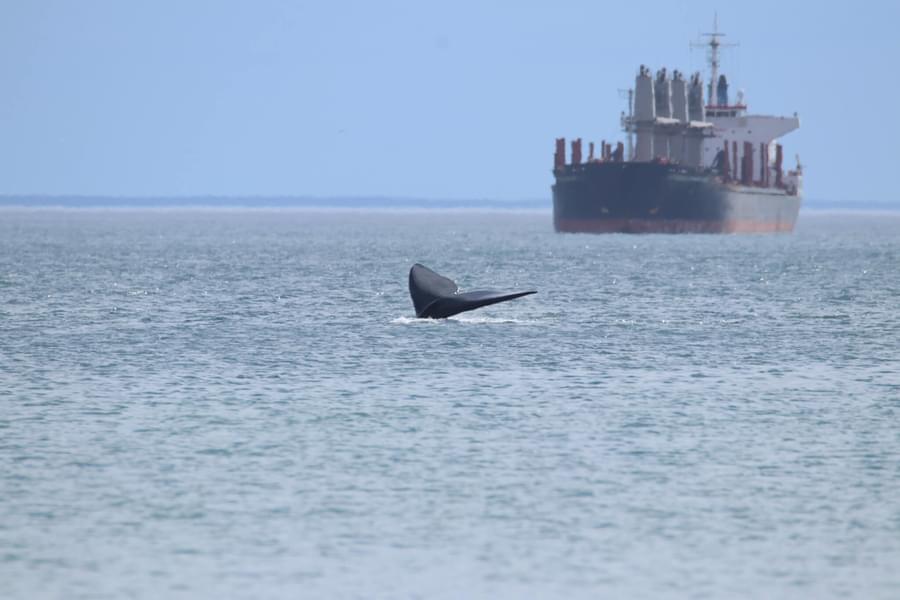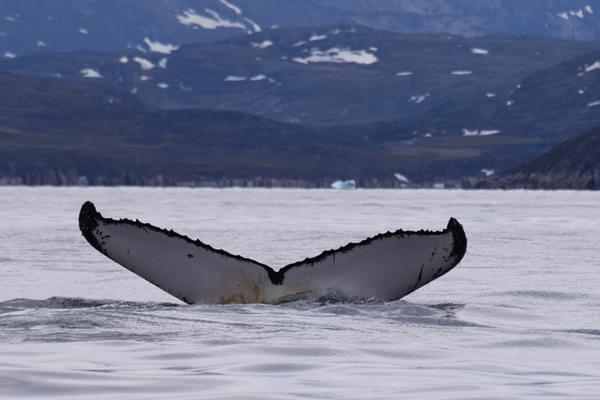A new study has found that small changes to ocean protection measures could have an exponentially positive impact in reducing the increasing risk of vessel strike.
'Vessel collision risk threatens whales across the world’s oceans' published in Science yesterday, undertook a huge mapping exercise, cross-matching nearly half a million whale locations with those of an incredible 35 billion ship positions, to produce a global estimate of current vessel-whale collision risk.
The researchers were able to identify hotspots – defined as areas with the top 1% of vessel strike risk. While these were mostly concentrated around continental coastlines, with the highest percentage in the Indian Ocean, the researchers said hotspots were also found in areas of open sea such as the Azores, at least for blue and sperm whales.
The researchers added that almost 5% of the hotspots affected three of the four whale species, with almost 20% affecting two of the species.

The end result has been a much more accurate definition of where the hotspot areas are, and where strikes are more likely to occur.
Shipping occurs across 92% of whale ranges, and yet less than 7% of risk hotspots contain management strategies to reduce collisions. The conclusion was that full coverage of hotspots could be achieved by expanding management measures (such as speed reductions or route changes) over only 2.6% of the ocean’s surface.
The need for this is underlined by the stark fact that maritime trade volume is projected to triple by 2050, adversely impacting whales on an even greater scale than at present. Without intervention, whales are facing one of their biggest threats since the days of commercial whaling.
Dr Jennifer Jackson, of the British Antarctic Survey and a co-author of the research, was quoted in The Guardian as saying: “This is the first study to look at this problem at a global scale, enabling global patterns of collision risk to be identified using an extremely large contemporary dataset of four recovering whale species.”
ORCA was also quoted, with Sally Hamilton saying; “The shipping industry have an opportunity to put vessel strike at the heart of their environmental strategy by working with conservationists and governments to establish safe marine spaces,” she said. “In doing so they can help undo the damage caused by industrial whaling and mitigate the future impacts of vessel strikes.”
Title image: Blue whale, credit Mark Carwardine

Vessel strikes are one of the biggest threats to large whales globally and needs urgent action before vulnerable populations are diminished. Donate today at www.orca.org.uk/donate to support our cutting-edge ship strike research and help find a solution to this threat.

.jpg?w=900&h=600&q=85&auto=format&fit=crop&dm=1683137512&s=77dbc37ce8c6d4dcf1179b023e4a57bd)